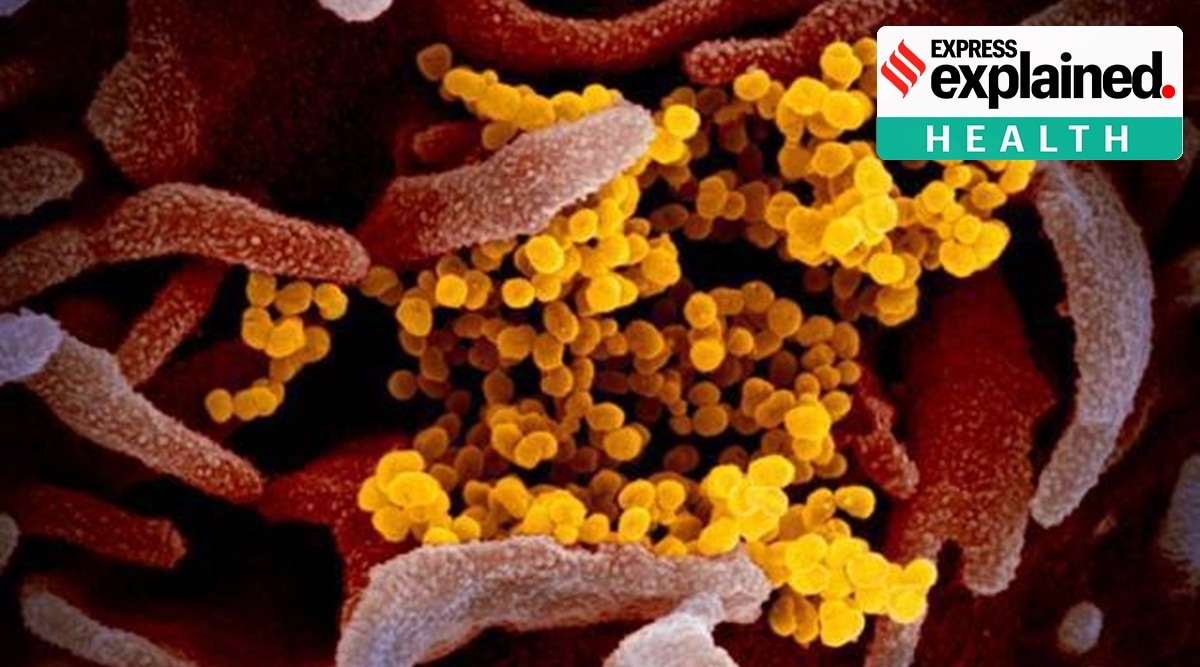Explained: The mutations that help Epsilon variant evade the body’s immune response
The mutations also reduce the effectiveness of antibodies from the plasma of vaccinated people, researchers have found.
 Epsilon cases have been widespread in the United States and reported in at least 34 other countries. (Representational Image)
Epsilon cases have been widespread in the United States and reported in at least 34 other countries. (Representational Image)In the Epsilon variant of the SARS-CoV-2 coronavirus, three mutations in the spike protein have been found to dampen the neutralising potency of antibodies induced by vaccines or past Covid infections. The mutations also reduce the effectiveness of antibodies from the plasma of vaccinated people, researchers have found.
Their findings have been published in Science.
Epsilon cases have been widespread in the United States and reported in at least 34 other countries.
In an international project led by the University of Washington in Seattle and Vir Biotechnology, scientists visualised this variant’s infection machinery to see what is different from the original configuration of the pandemic coronavirus, and what the implications of these changes are.
The researchers tested the resilience against the Epsilon variant of plasma taken from people who were exposed to the virus, as well as people who had been vaccinated. The neutralising potency of the plasma against the Epsilon variant of concern was reduced about 2 to 3.5 fold.
The researchers found that the Epsilon mutations were responsible for rearrangements in critical areas of the spike protein; electron cryomicroscopy studies showed structural changes in these areas.
One of the three mutations affected the receptor binding domain on the spike protein. This mutation reduced the neutralising activity of 14 out of 34 neutralising antibodies specific to that domain, including clinical stage antibodies.
The other two mutations affected the N-terminal domain on the spike glycoprotein. This resulted in a total loss of neutralisation by 10 out of 10 antibodies tested specific to the N-terminal domain, the researchers found, according to details of the study posted on the University of Washington School of Medicine (UW Medicine) website.
The international project was led by David Veesler’s lab at the University of Washington in Seattle and by Luca Piccoli and Davide Corti of Vir Biotechnology.
For several years, the Veesler lab and its collaborators have been exploring the molecular conformation and infection mechanics of SARS-like coronaviruses. They also examine how antibodies attempt to block infection mechanisms, and how variants come up with new dodges, according to UW Medicine.
Source: University of Washington School of Medicine
- 01
- 02
- 03
- 04
- 05





































